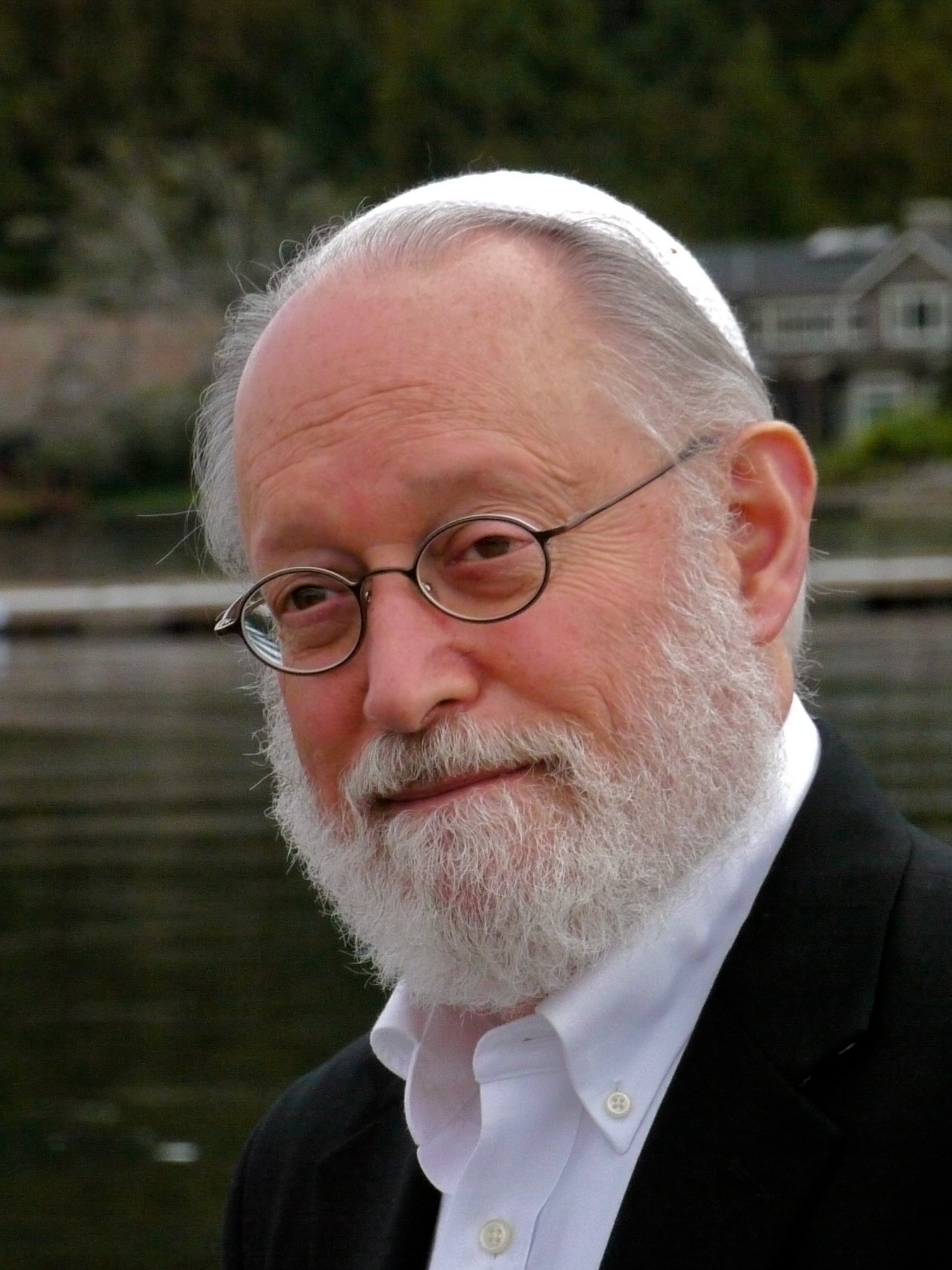We are creatures of story—it’s how we make sense of ourselves in the world. So it is with purpose that Deuteronomy, the fifth and final book of the Torah, begins with our shared story. Our individual stories define our individual identities; our group story, delivered here by Moses, defines us as a People.
What seems critical is the initial ethical imperative that is baked into the group story with which Moses’s first discourse begins:
I charged your judges at that time: Give the members of your communityunity a fair hearing, and judge rightly between one person and another, whether a community member or a stranger (1:16).
Again and again in Torah, we are instructed to treat the stranger justly. And even more than that, we are instructed to love the stranger. Yet we live in a culture in which the fear of the stranger is deep. The stranger, after all, is one with whom we are in deep disagreement. The stranger is the person most difficult for us to treat justly, and most difficult for us to love.
The relentless, hateful rhetoric that we see all too often in our national political discourse illustrates the deep-seated fear of those who are different from us that far too many carry.
This command, to be just to the stranger and to love the stranger, is repeated so many times in Torah because it is among the most difficult as well as the most crucial lessons for us to learn. Our resistance to honoring the stranger creates increased danger for us all.
Neuroscientists have not only demonstrated that liberals and conservatives utilize different parts of their brains as they go about their lives, but suggest that our brains themselves might be wired differently. (Unconscious Reactions Separate Liberals and Conservatives; Scientific American, September 1, 2012) We may actually be wired neurologically for the beliefs we find most compelling.
But if people are wired for the polarization, then it must mean that any attempt to do away with either side is doomed to failure. Moreover, it suggests that there is purpose for both ways of being in the world. Perhaps both sides of the polarization are required to heal what must be healed for us to survive.
To find common ground does not mean that we capitulate or forfeit our ideals. It means that we transcend the polarization. It means that we refrain from throwing the stranger out of our hearts.
Over the past 14 years, I have traveled with a pastor and an imam, making presentations on the challenges and the promises of interfaith dialogue leading to greater collaboration on the major social, economic, and environmental concerns of our time. Sometimes, people come to declare their own particular belief to be the only truth.
We have learned, after hearing such a challenge, to ask, “Is there anything we could say that could change your mind about this?” Almost always, the other says, “No.” There is nothing we could say that could change their mind. “Okay,” we say. “Imagine that it’s the same for us. Now let’s talk.”
Moving beyond the differences, however radical they may appear, allows us to meet the stranger as a human being. And we are right back to Deuteronomy. We begin to share our stories: What brings us joy? What brings us pain? What are the challenges we have faced, and how have we dealt with them? What do we want for our children? What do we need for ourselves?
Stories define us and separate us, yet through sharing our stories we can meet each other more deeply. We need to bridge the abyss of polarization by together forging a bigger story. It must be the story of our survival.
Rabbi Ted Falcon, PhD, is a spiritual teacher and therapist who founded meditative synagogues in Los Angeles and in Seattle. He is one of the Interfaith Amigos, and with his Christian and Muslim colleagues, has just published their third book, “Finding Peace Through Spiritual Practice.” Find him at RabbiTed.com

